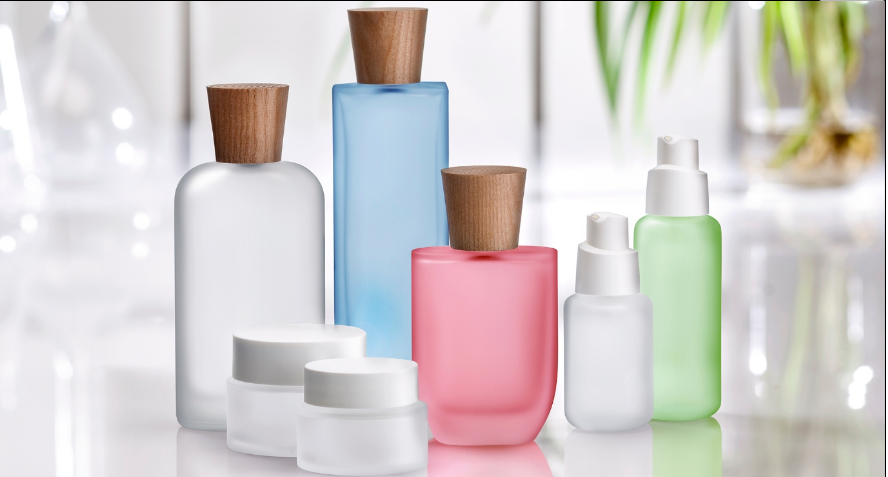
2020-07-02 17:44:06
Bormioli Luigi Utilizes Eco-Friendly Glass Matting Technique
2020-07-02 17:44:06

Bormioli Luigi has developed an ecological solution for finishing glass bottles and containers—its new eco-friendly matting technique is a ceramic lacquering process which it is using alongside traditional acid etching.
This process can be used to recreate the feel and appearance of acid etched glass without the need for toxic or polluting substances. Instead, this new technology is based on the use of a water-based lacquer which vitrifies at around 600° creating a satin finish on the surface of glass items.
Benefits of Eco-Friendly Matting
Compared to acid etching, eco-friendly matting provides a series of benefits, in terms of both function and appearance, says the company. It has a reduced impact on the environment thanks to the lack of harmful substances used in the process, and it does not involve VOC emissions, nor the need to dispose of toxic waste. This results in greater safety in the workplace, according to Bormioli.
Furthermore, the supplier says water-based lacquering can be used to create an end product which is 100% recyclable while processing waste is reduced to a minimum because any sprayed material which does not adhere to the container is recovered and reused, almost to the last drop. Also, containers treated with this kind of lacquer present no risk of material transfer, thus making the process suitable for use in the food sector for creating finishes on glasses and bottles.
In terms of the aesthetic results on the end product, ceramic lacquering is more versatile than acid etching, according to Bormioli Luigi. In fact, it offers the possibility to use a wide range of colored pigments and calibrate the intensity of colors. Eco-friendly matting can be used with masking techniques meaning it can be applied to selected areas of bottles and containers. This solution is also compatible with additional processes, in particular decorations which can withstand firing at temperatures of up to 600°C.
LinkedIn




